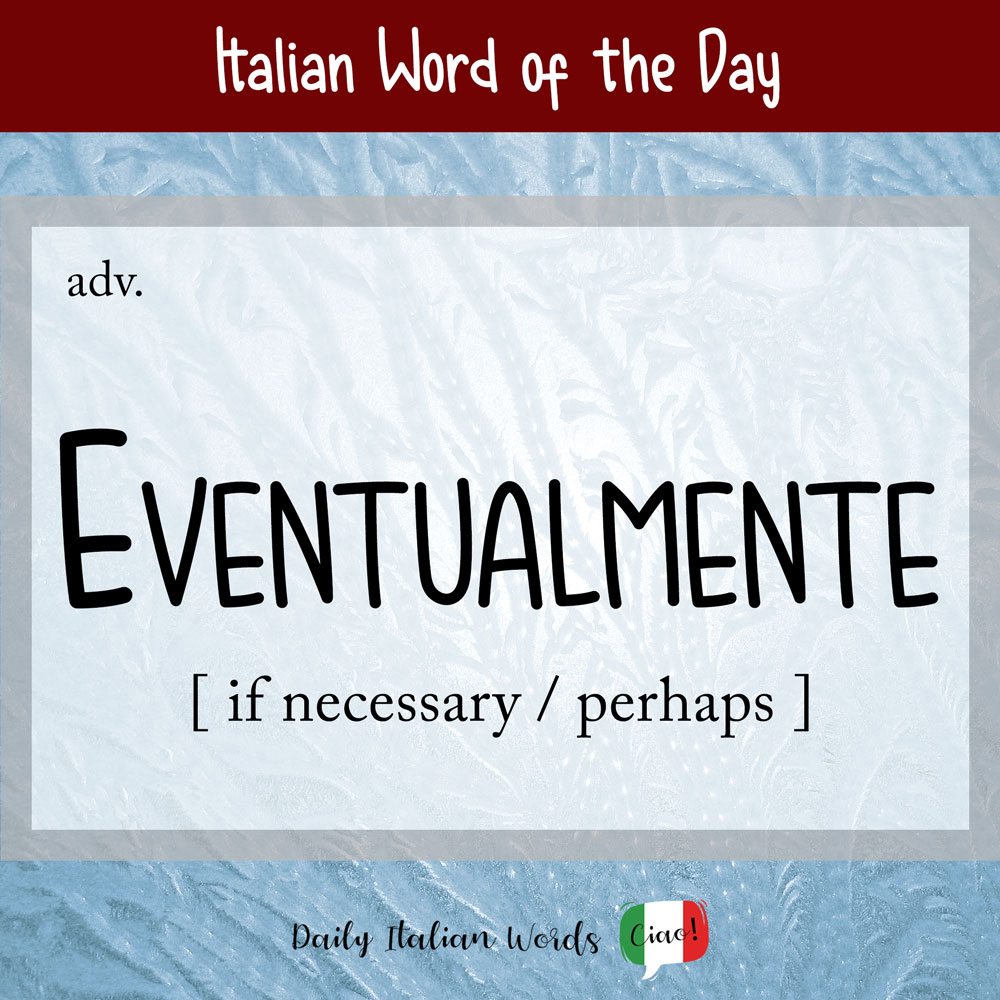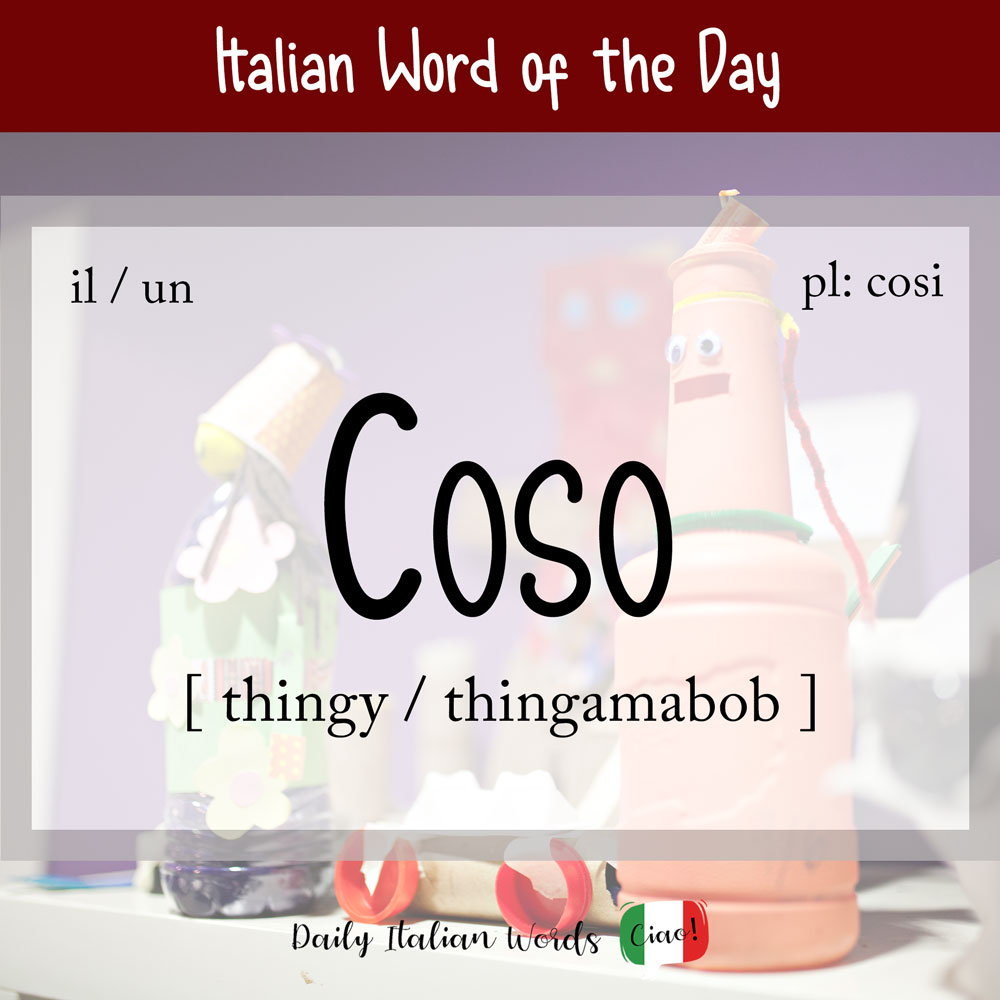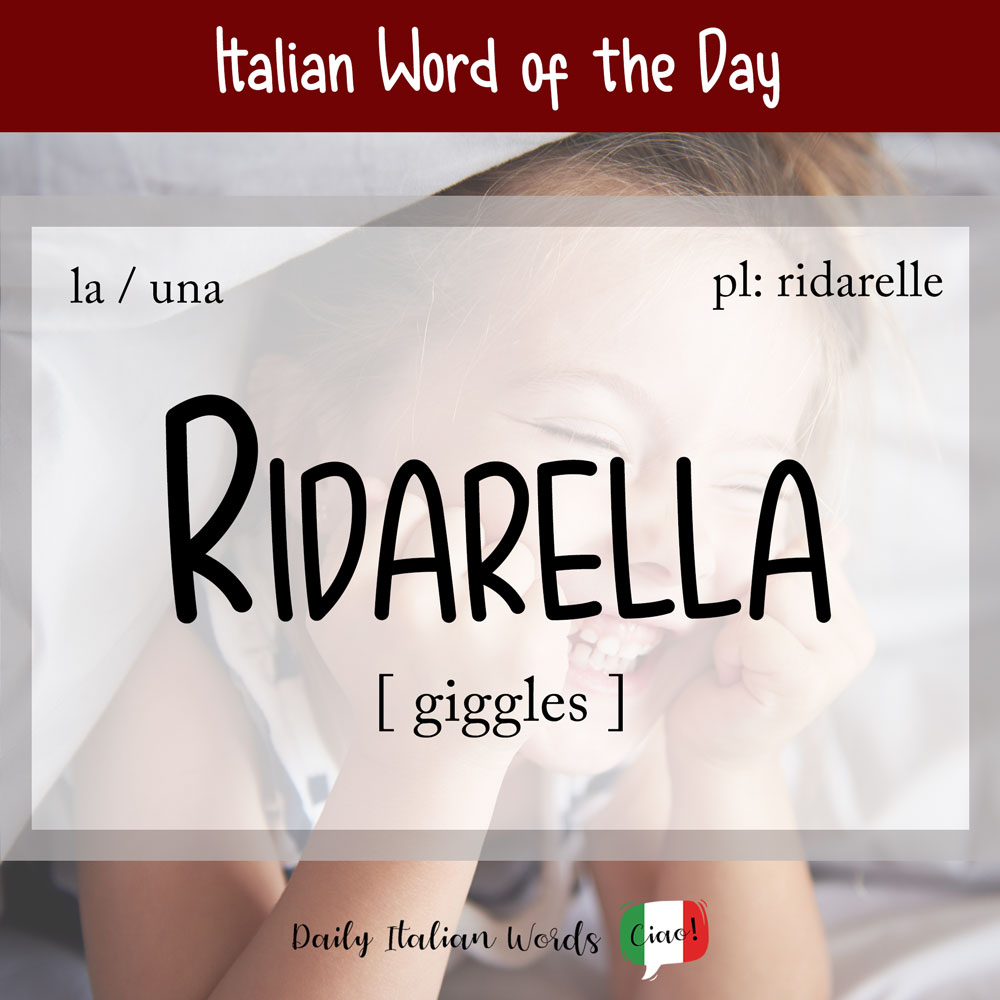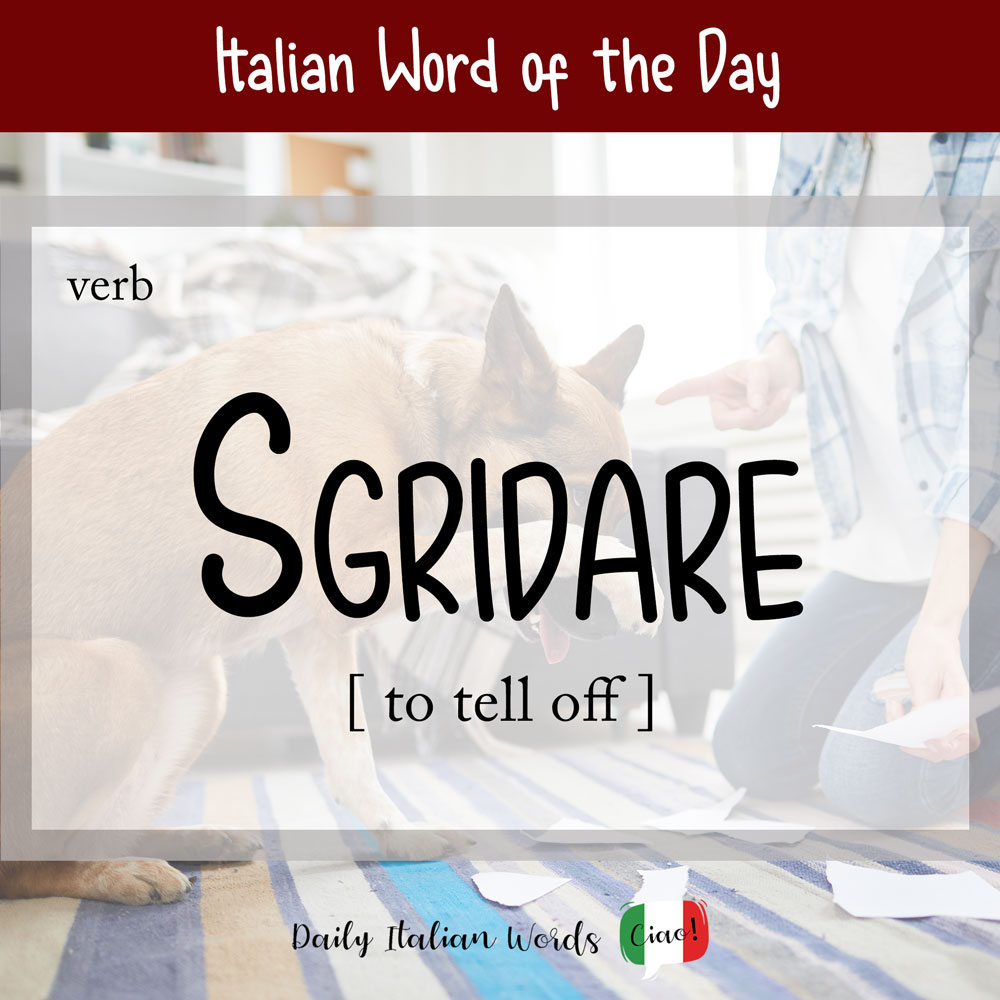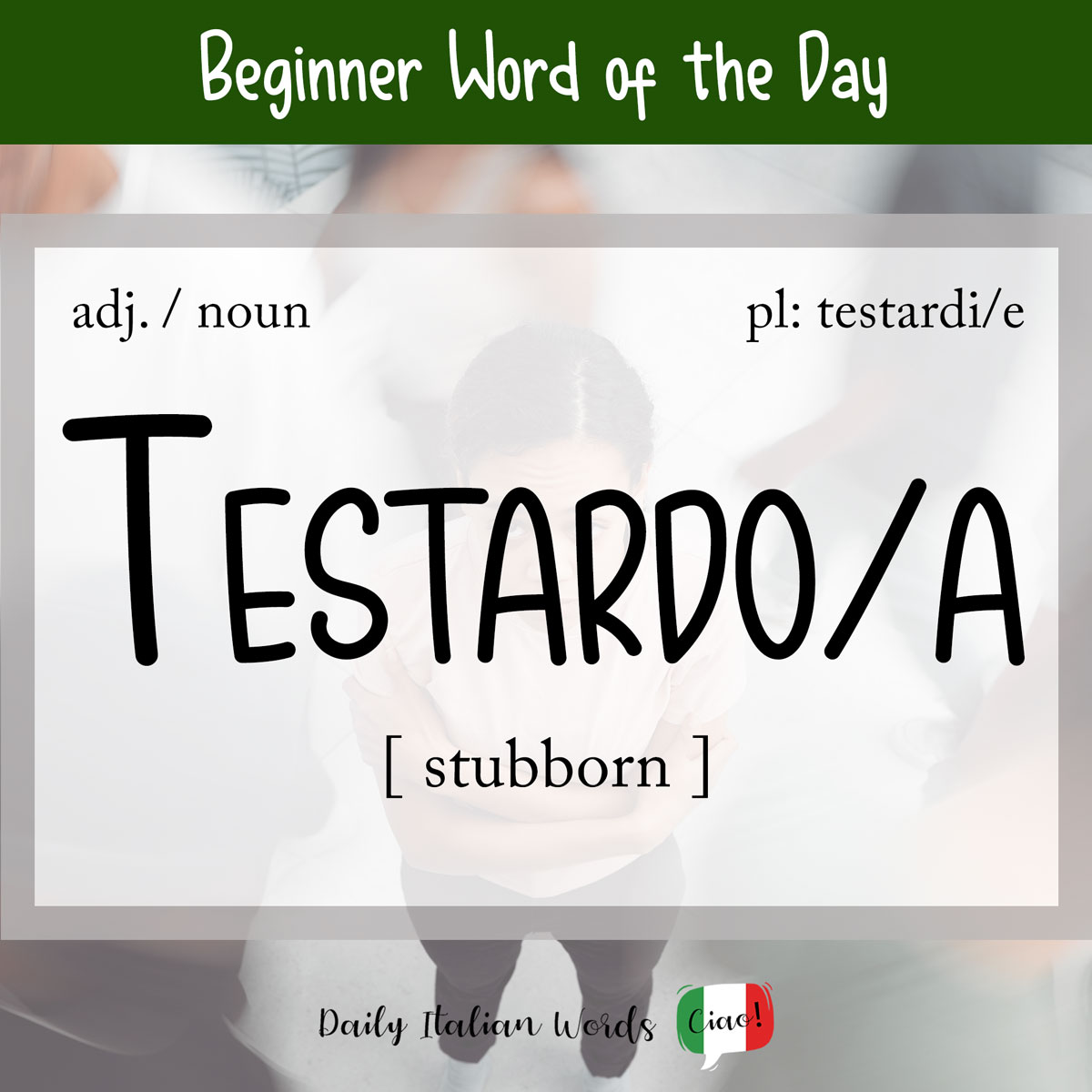Italian Word of the Day: Eventualmente (if necessary)
In linguistics, false friends (or falsi amici in Italian) are words in different languages that look or sound similar, but differ in meaning. One of my favourite examples is the English eventually and the Italian eventualmente, the latter of which is our word of the day. In English eventually is synonymous with the expressions prima …

